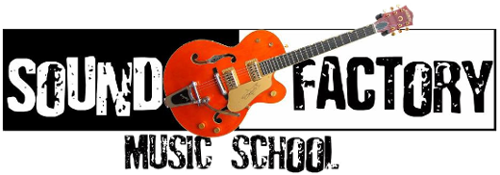The Sound Factory Music School
|
Music and art have been around in one form or another since the beginning of humankind. Not only did it allow early humans to communicate and share thoughts, ideas, and stories, but scientists now believe that the creative arts have deep evolutionary roots. This is because they have profound benefits for social, emotional and cognitive development.
While science is now highlighting the advantages of music and art education, sadly, it is still under threat within our education system where, unfortunately, school budgets and cutbacks have forced art education to take a back seat to academics such as science, math, and literacy. This may be risking children losing out on the many advantages that are fundamental to their healthy development into well-rounded adults. Learning arts has been shown to build personality and character, promote happiness and well-being, improve social skills, enhance academic performance, improve physical development, and increase brain and mind productivity. Here WeTheParents discuss 51 incredible benefits of arts education:
1 Comment
Marie Miguel has been a writing and research expert for nearly a decade, covering a variety of health- related topics. Currently, she is contributing to the expansion and growth of a free online mental health resource with BetterHelp.com. With an interest and dedication to addressing stigmas associated with mental health, she continues to specifically target subjects related to anxiety and depression.
Marie Miguel has been a writing and research expert for nearly a decade, covering a variety of health- related topics. Currently, she is contributing to the expansion and growth of a free online mental health resource with BetterHelp.com. With an interest and dedication to addressing stigmas associated with mental health, she continues to specifically target subjects related to anxiety and depression.
|
studio |
|




 RSS Feed
RSS Feed